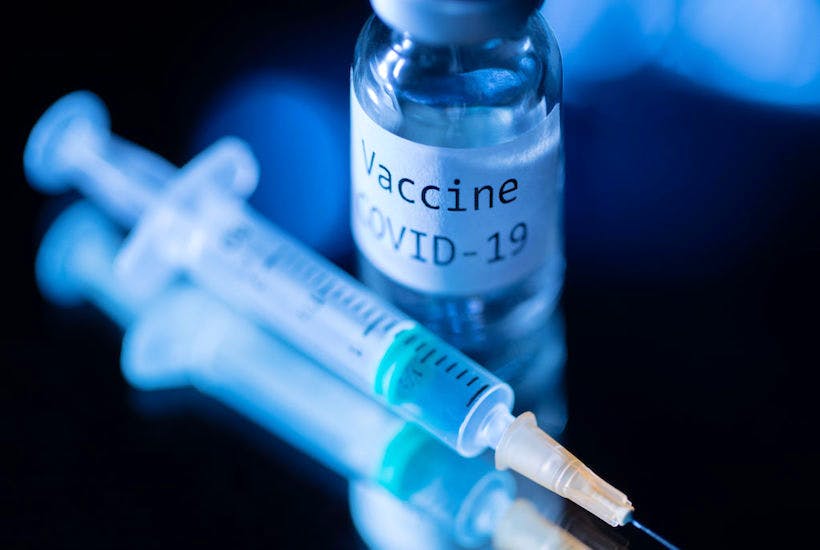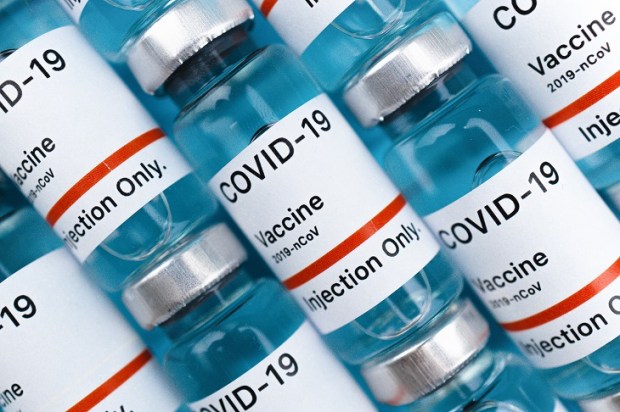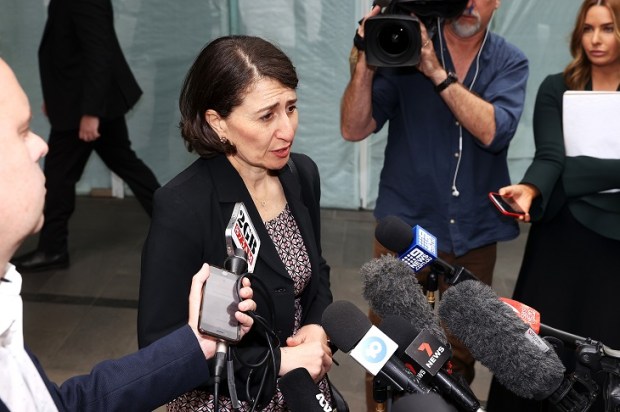Following reports that 30 people died in Norway after receiving the Pfizer vaccine, the government, its health officers and Pfizer have all been falling over themselves, assuring us the vaccine is safe.
Notwithstanding these assurances, it is imperative that safety concerns be addressed in detail. Professor Paolo Bellavite, of the University of Verona Medical School, whose expertise is in experimental medicine and innate immunity, argues that the Pfizer vaccine clinical trials concluded far too soon. Without a proper assessment over time of any potential adverse effects, we will not know the answer to a fundamental question: will the vaccine do more harm than good?
Professor Bellavite notes the Pfizer trials do not address younger adolescents, children, and pregnant women. This will all occur later. In fact, the FDA has publicly declared that 20 years is required to evaluate properly what long-term adverse effects a vaccine might have. The report makes no statements surrounding any potential effects on fertility. The British Government issued a warning for the vaccine stating that it should not be used by pregnant or breast-feeding mothers and children, and added that it was unaware of what effect the vaccine would have on fertility. Women should avoid becoming pregnant for two months after the vaccine, according to the document.
Dr Michael Yeadon, a former vice-president of Pfizer with over 30 years’ experience leading new allergy and respiratory medicines research, wrote recently to the European Medical Agency, warning that the vaccine may prevent the safe development of placentas in pregnant women, resulting in “vaccinated women essentially becoming infertile.” It seems none of the coronavirus vaccine candidates have conducted fertility testing.
Additionally, no pharmaceutical company producing an mRNA vaccine can give any assurance regarding the short or long-term safety of gene therapy since it has never before been used on a large scale in human populations, and certainly not as a vaccine. Moderna is also using this technology in its vaccine. As noted on 21 December last in Science, anaphylaxis reactions in people who received the Pfizer vaccine may be due to a compound in the packaging of the mRNA that forms the vaccine’s main ingredient, known as polyethylene glycol (PEG), which has never been used before in an approved vaccine, but it is found in many drugs that have triggered anaphylaxis. The Moderna vaccine also contains PEG.
The CDC now recommends anyone who is allergic to any excipients of COVID-19 vaccines, or to polysorbate (a type of emulsifier used in some pharmaceuticals), should not get vaccinated. Further, as reported earlier this month, many healthcare workers in the United States are refusing the Pfizer vaccine – up to 60% in some areas – over fears about side-effects. It took years for pharmaceutical companies to admit that Thalidomide and DES were dangerous. Given the extremely low-risk Covid-19 poses to healthy people, why would anyone take a gene therapy about which so little is known?
There is also evidence that the UK government’s Medicines & Healthcare products Regulatory Agency is preparing for a high number of adverse effects due to COVID-19 vaccinations. The MHRA recently posted a tender in Europa (the EU’s Official Journal) stating that “For reasons of extreme urgency,” it seeks “an Artificial Intelligence software tool to process the expected high volume of Covid-19 vaccine Adverse Drug Reaction”.
Worryingly, Pfizer’s reaction to the death of a healthy doctor due to a rare blood complication which emerged only a couple of days after receiving the first dose of the vaccine is that it is unrelated. As Mandy Rice Davies might have said: ‘Well, they would say that wouldn’t they’. But the doctor himself, his colleagues at Mount Sinai Medical Centre and his wife, all think it is highly likely that the vaccine was the trigger.
According to the WHO’s chief scientist, Dr Soumya Swaminathan, there is no evidence of the vaccine’s efficacy. Swaminathan said: “I don’t believe we have the evidence on any of the vaccines to be confident that it’s going to prevent people from actually getting the infection and therefore being able to pass it on.” This statement should put serious doubts in the minds of people about whether the coronavirus vaccine is right for them.
Further, the threshold for ‘herd immunity’ to coronavirus is quite low. Dr Yeadon has pointed out as much:
There’s no such thing as an ‘ancestor-less virus’. There are at least four, endemic, common-cold inducing coronaviruses … [which] circulate freely in UK and elsewhere. Those who have been infected by one or more of these endemic, common-cold producing coronaviruses in the past, have a long-lived and robust [T-cell] immunity, not only to those viruses, but to closely related viruses. SARS-CoV-2 is one such closely-related virus.
There are other serious ethical concerns with the Pfizer, Moderna, AstraZeneca and Novavax vaccines, since they have either been derived from the cell lines of an electively aborted foetus or laboratory testing of them has been conducted utilising such cell lines. Based on these concerns, many would refuse such a vaccine. In this regard, let’s recall the Prime Minister’s statement of 28 August last:
[T]hese are personal judgements that people make and you’ve got to always be respectful of other people’s views.
That being the case, and particularly in light of the above analysis, proposals that the vaccine will be a condition of doing certain things, such as working, going to a restaurant or travelling on a plane, seem presumptive and arrogant. ‘Voluntary’ means voluntary, does it not? As Dr Yeadon stated:
I would completely understand and would consider accepting early use of a vaccine only if done with fully informed consent and, even then, only if offered to the most vulnerable in our community. Other proposals have, to me, the whiff of evil about them and I will oppose them as vigorously as I have followed the pandemic so far.
It does not come any clearer than that. In conclusion, no coercion of any sort should be applied to individuals who are understandably concerned about the impact of taking a COVID-19 vaccine.
Dr Rocco Loiacono is Senior Lecturer at the Curtin University Law School.
Got something to add? Join the discussion and comment below.
Get 10 issues for just $10
Subscribe to The Spectator Australia today for the next 10 magazine issues, plus full online access, for just $10.


























Comments
Don't miss out
Join the conversation with other Spectator Australia readers. Subscribe to leave a comment.
SUBSCRIBEAlready a subscriber? Log in